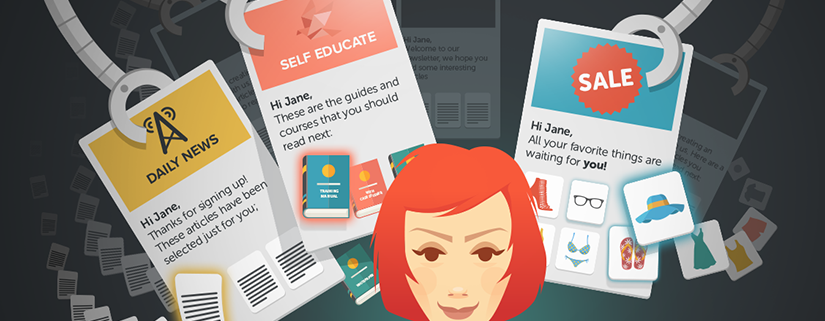
Recommendation engines operate behind the scenes everywhere, to make life a little more enjoyable, simpler, and more relevant. But do these make us all narrower minded?
YouTube, Netflix, Google Search, Apple News, Facebook feeds, Pinterest posts; these services are all focused on increasing user engagement. More engagement means more reliance on their platforms and ultimately more profits.
How do they increase user engagement? They use advanced technologies to compare your behavior — your searches, movies watched, news articles scrolled, humorous video clips played — to millions of others who use their tools. They are looking for patterns and then forever narrowing the scope of what they display to you next; based on what they (their algorithms) believe you will like to see or read.
As the New York Times recently reported, YouTube’s recommendation algorithm is a set of rules followed by cold, hard computer logic. It was designed by human engineers, but is then programmed into and run automatically by computers, which return recommendations, telling viewers which videos they should watch. Google Brain, an artificial intelligence research team within the company, powers those recommendations, and bases them on user’s prior viewing. The system is highly intelligent, accounting for variations in the way people watch their videos.
What ends up happening is everything you read and see — what you think is important in the world — is a related subset of what is occurring, a subset of similar information that you have already seen. Over time, these recommendation algorithms get more and more focused, and serve you narrower and narrower fields of information.
If you click on an article about golf, you will see more articles about golf in the future. Soon you will think that golf is a hot topic. Maybe it is or maybe it isn’t; but since it is engulfing your field of view, you think it is. With each click, the recommendations get more specific, and your field of view becomes focused.
If you are an anthropologist, you will have realized that the ubiquity of the recommendation engine is making us simple minded humans more polarized, more narrow minded — precisely the opposite of what one might have expected with the world’s information a few keystrokes away from everyone at all times. (Read More, Wired: Creating Ethical Recommendation Engines)
Tech Essentials is intended to expand your field of view, at least when it comes to tech tips related to security, compliance and productivity. What does the Tech Essentials recommendation engine suggest?
If you are reading this, you are likely an adult professional that sends important information by email as part of your profession; as part of your daily routine. If you are reading from your work email, you are likely either reading this in your Microsoft Outlook or Gmail interface; and chances are you read these from time to time on a mobile device.
Learn More: How To Secure Email
As such, the Tech Essentials recommendation engine suggest you view this fascinating video before you send sensitive information and this wonderfully engaging video before you send something that has consequence if there is a dispute about whether or when received, or who said what when. And, for those that just need to do more faster, Tech Essentials recommends this quite interesting video.
While these videos may not be as fun to watch as the bloopers your kids show you on YouTube, based on your profile, these videos may at least serve more purpose.
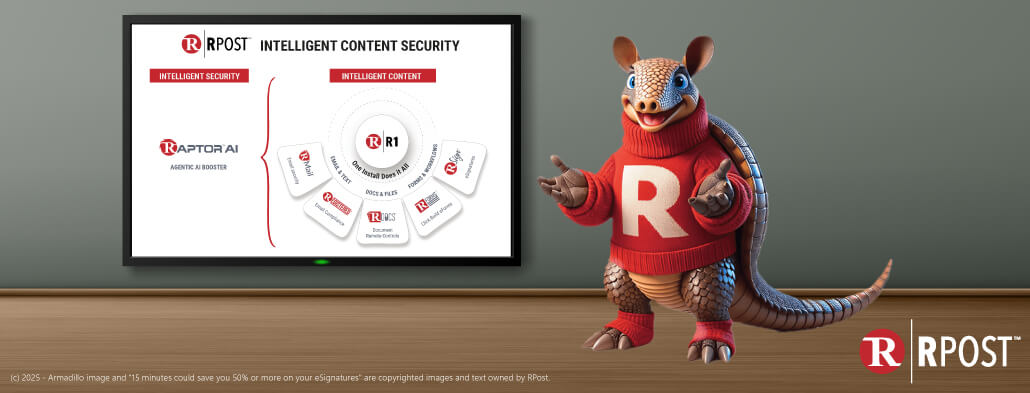
April 25, 2025

April 17, 2025
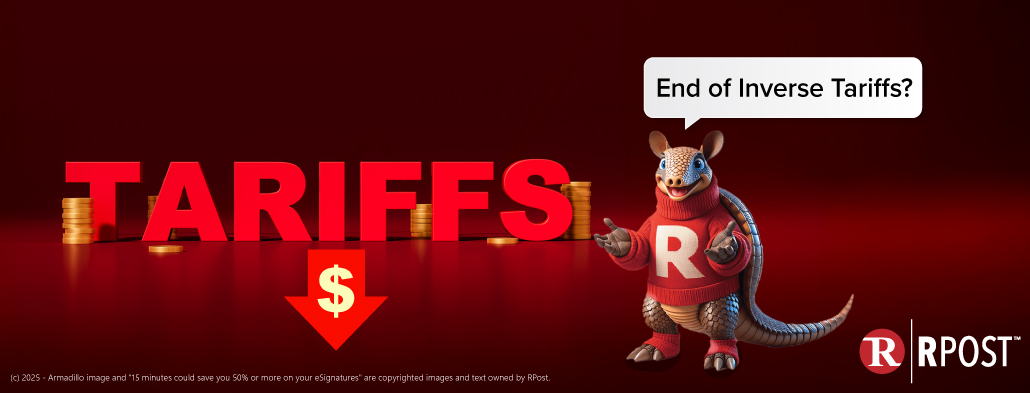
April 11, 2025
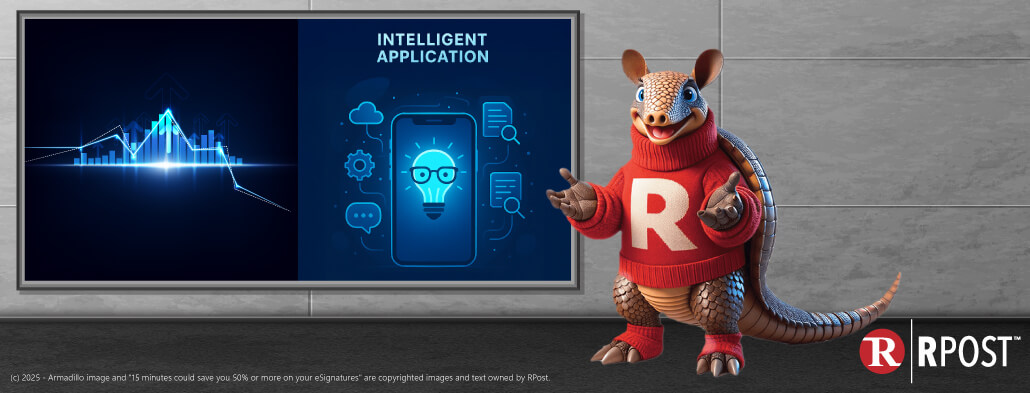
April 04, 2025
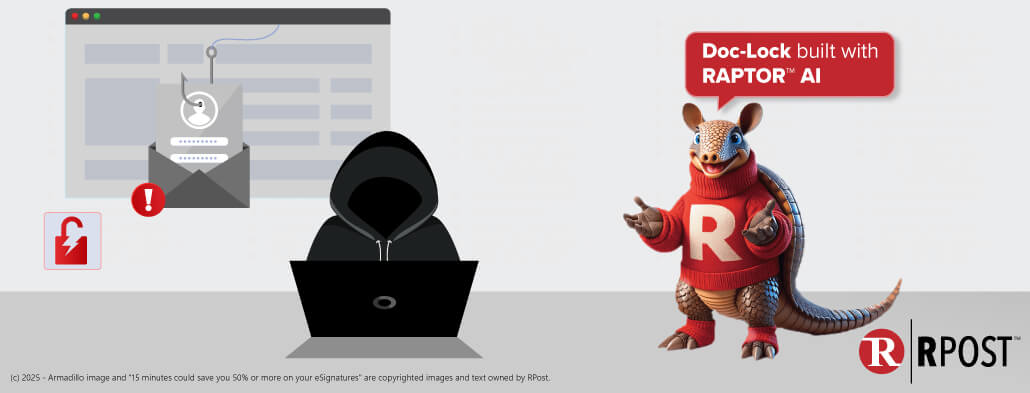
March 28, 2025